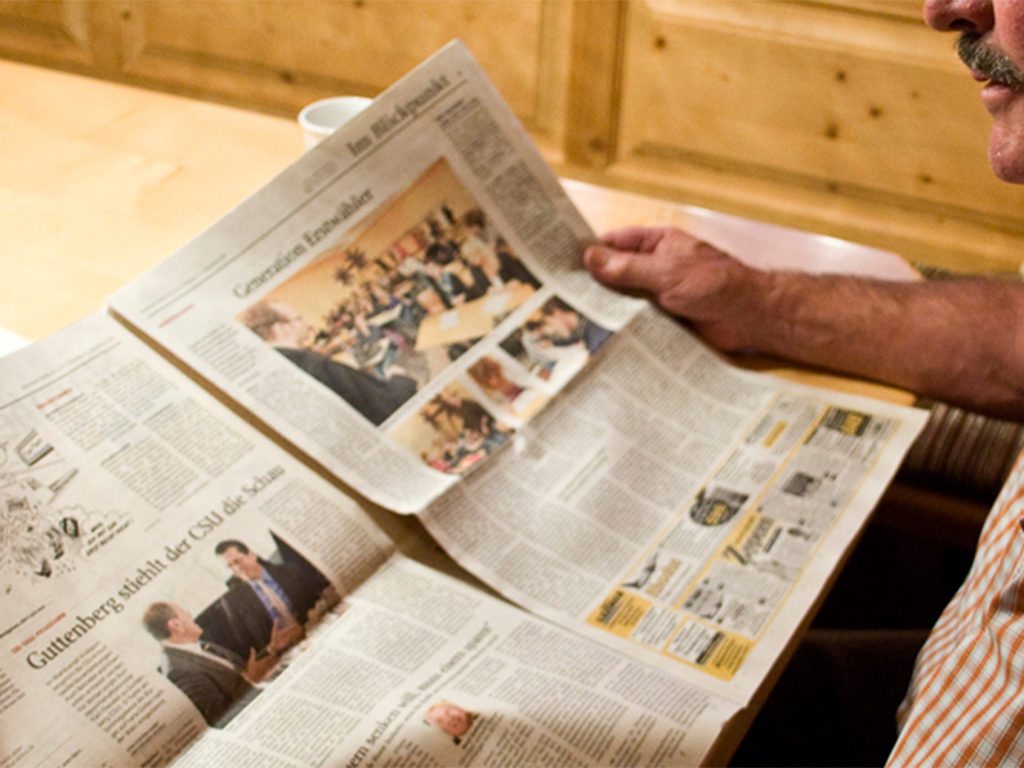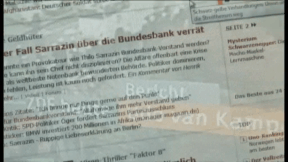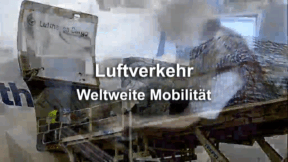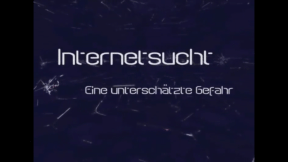 History
History
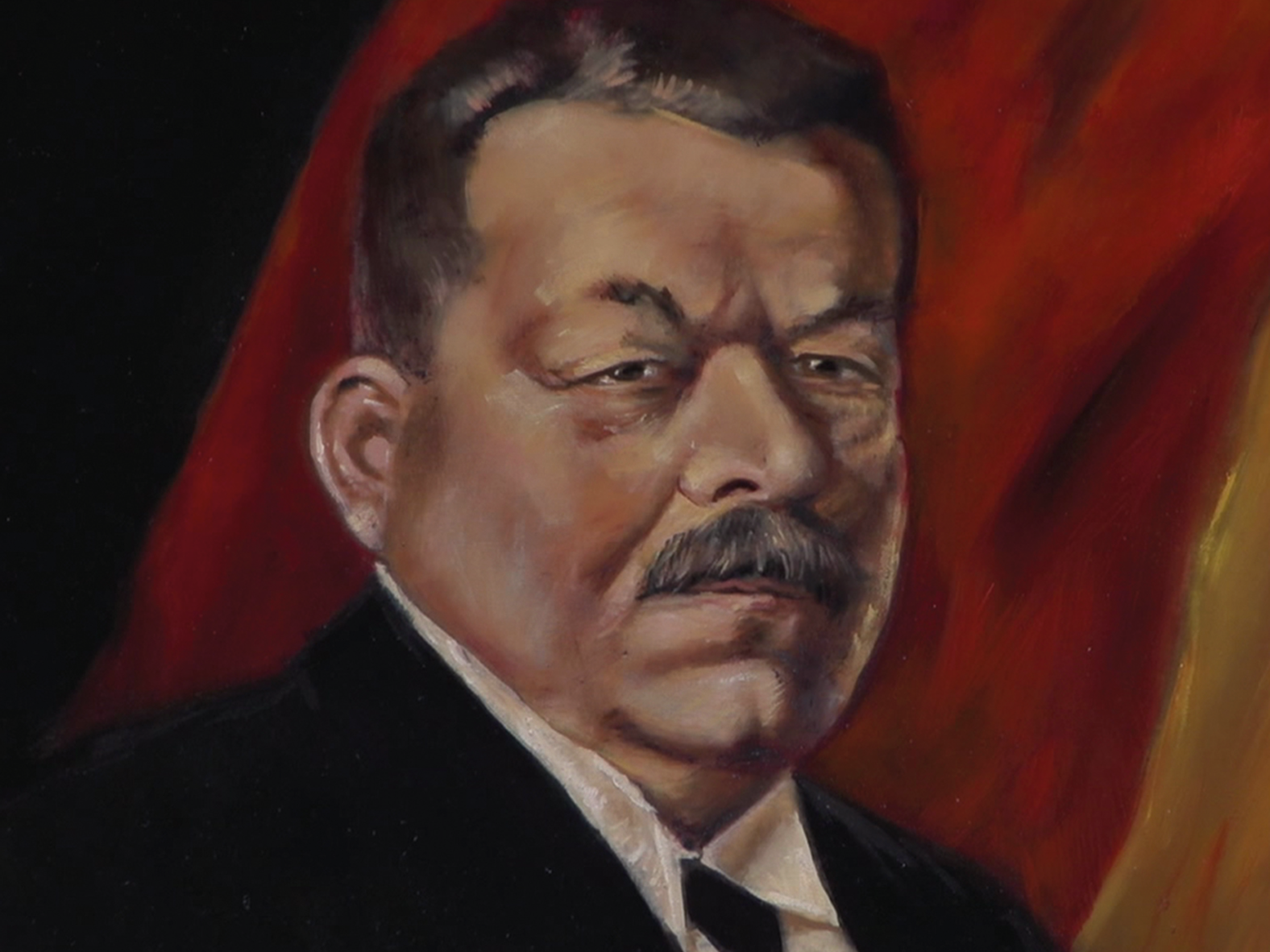

4675526 / 5563674
The Weimar Republic
The First Democracy in Germany
In the heart of the federal state of Thuringia, there is the small town of Weimar, in which the cultural histories of Germany and Europe are blended together in a confined space.
Weimar was home to many great personalities: Goethe, Schiller, Herder, Bach, Liszt, Wieland, Cranach … and many more. Numerous museums and memorials remind us of these names and tell of glories long past in Weimar.
In the year 1919, the first freely elected parliament, the constituent National Assembly, convened in the Deutsches Nationaltheater (German National Theatre) in Weimar and adopted the first democratic constitution in the history of Germany. At the Deutsches Nationaltheater in Weimar, the colours Black, Red, Gold were revealed on July 31, 1919 for the first time as the national flag of Germany.
The period of 1919 to 1933, in other words between the end of the emperor’s reign and the rule of National Socialism, was referred to after the Second World War as the “Weimar Republic”.

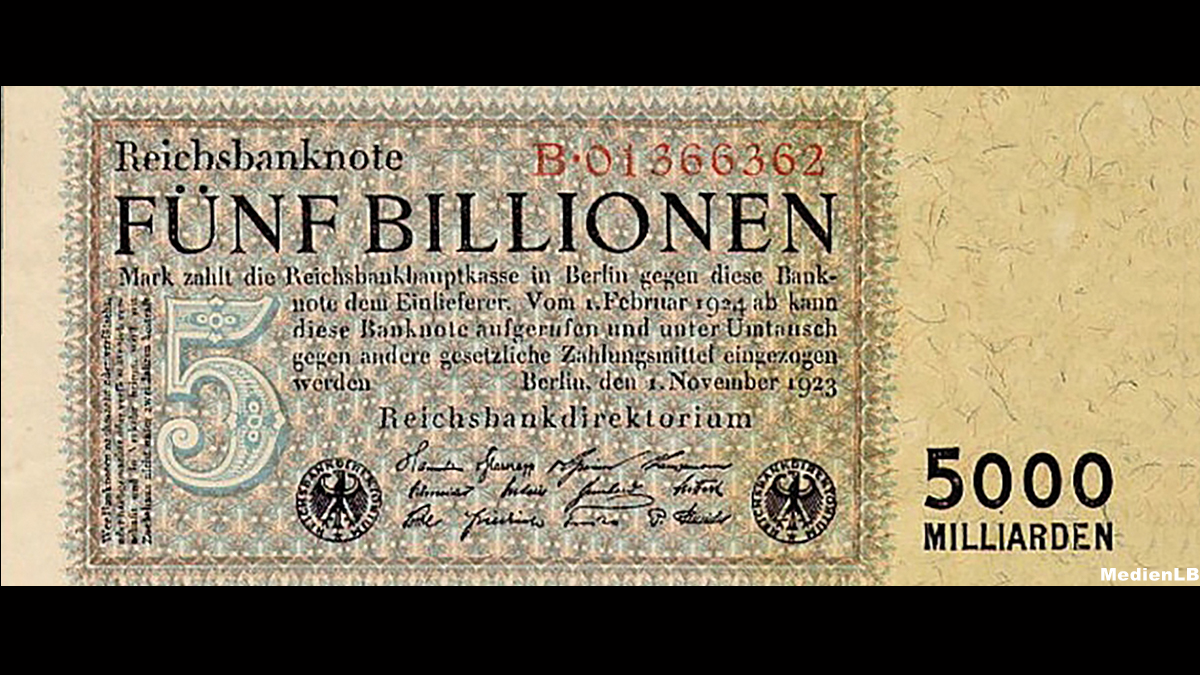
Curriculum-centred and oriented towards educational standards
Matching
The Daily Newspaper
Every day, there is a surge of news reaching us via different news channels. In spite of TV and Internet, the daily paper still is one of the most important main sources of news. But how is a newspaper created? The film shows the production of a paper in the course of one day. Starting with the editorial meeting in the morning, in which the topics and deadlines are determined, the film accompanies a journalist during her research work. You can see how a journalistic interview is conducted and what the photographer must consider when taking a press photo. Back in the editorial office, the editor’s work is illustrated, which includes the page layout and the writing of an online article in today’s time. Impressive pictures from the printing centre depict the process from the digital page to the finished newspaper. Together with the comprehensive accompanying material, the DVD is perfectly suited for use at school
Air Traffic
Being able to fly has been a dream of humanity from time immemorial. But it does not even date back a century that people actually started being able to travel through the air. Since the 1960s, the number of flight passengers has been constantly increasing. Thus, the airspace is no longer dominated by birds but by man-made flying objects.
Internet Addiction
The film consists of two parts. The first part is the 15-minute short film “In the Net”. It describes the problem of excessive Internet use in a humorous way, in particular the risk of losing touch with reality when chatting. The second part illustrates with three real persons how Internet addiction can develop and the problems encountered by those who are afflicted. The authentic statements are commented by an experienced therapist. For many pupils, the issues addressed here are related to their everyday lives. What is a “sensible” use of the Internet, where does pathological addiction start? In contrast to addiction to alcohol, nicotine or drugs, the public seems to be largely ignorant of the problem of this addiction, which is not related to any substance abuse. The film provides material for discussion in the classroom (crossdisciplinary) and can be used as a basis for the formulation of prevention strategies.




